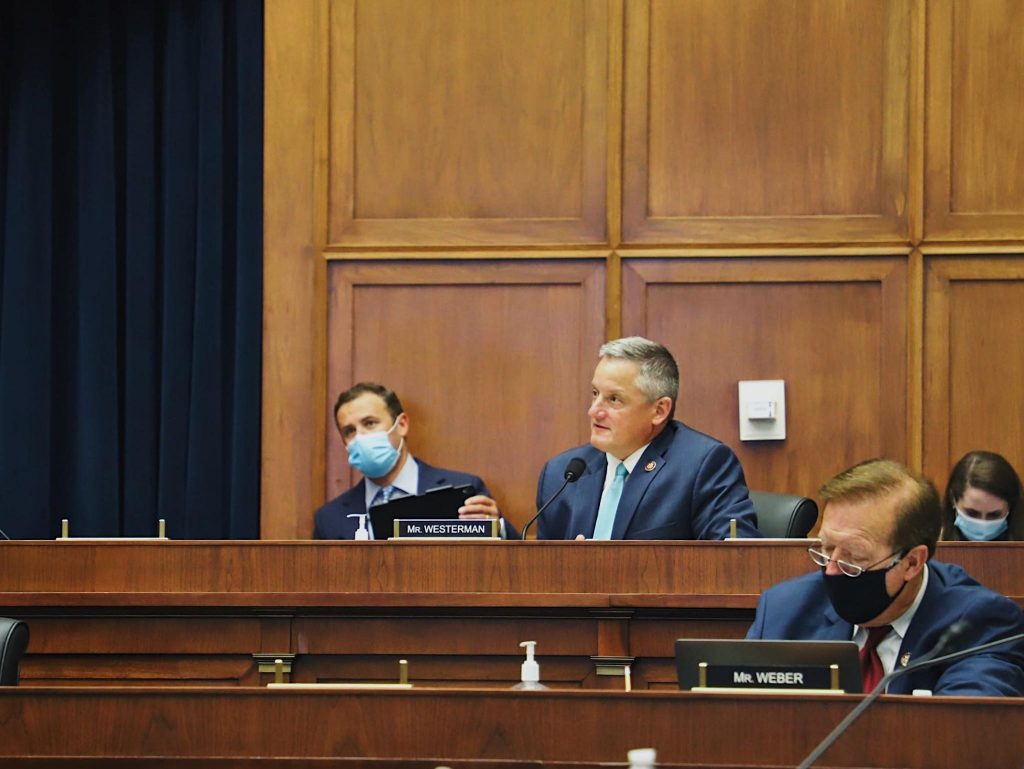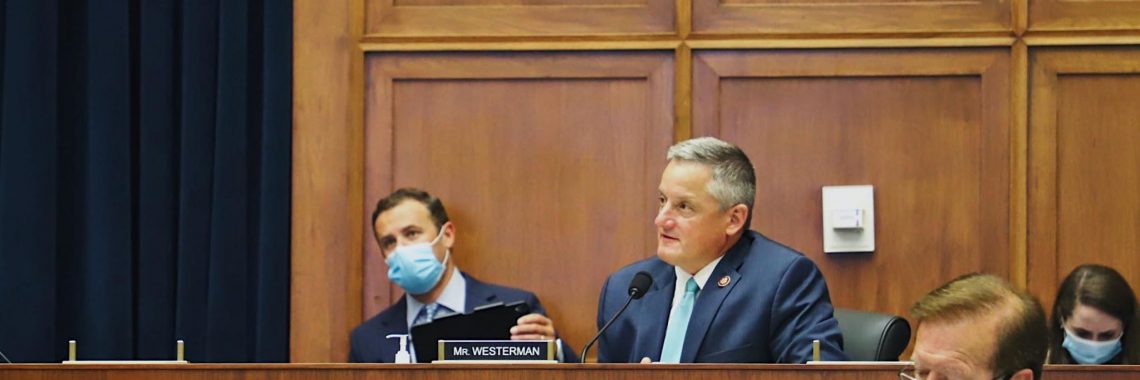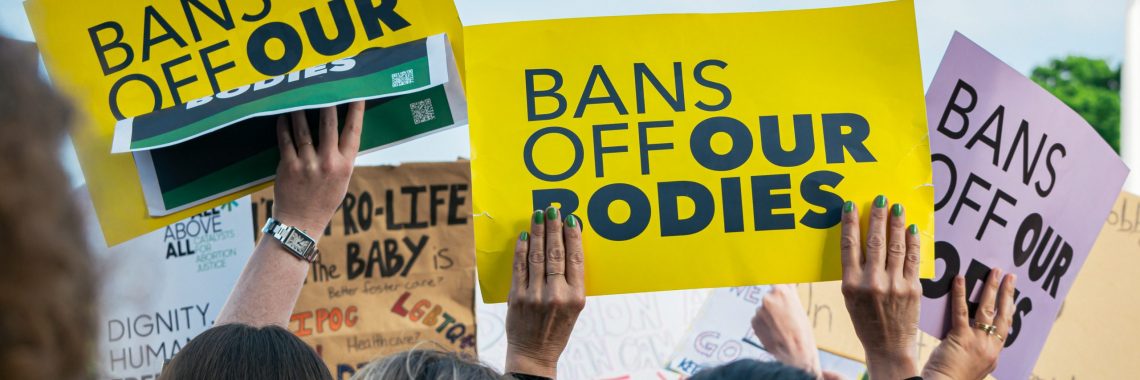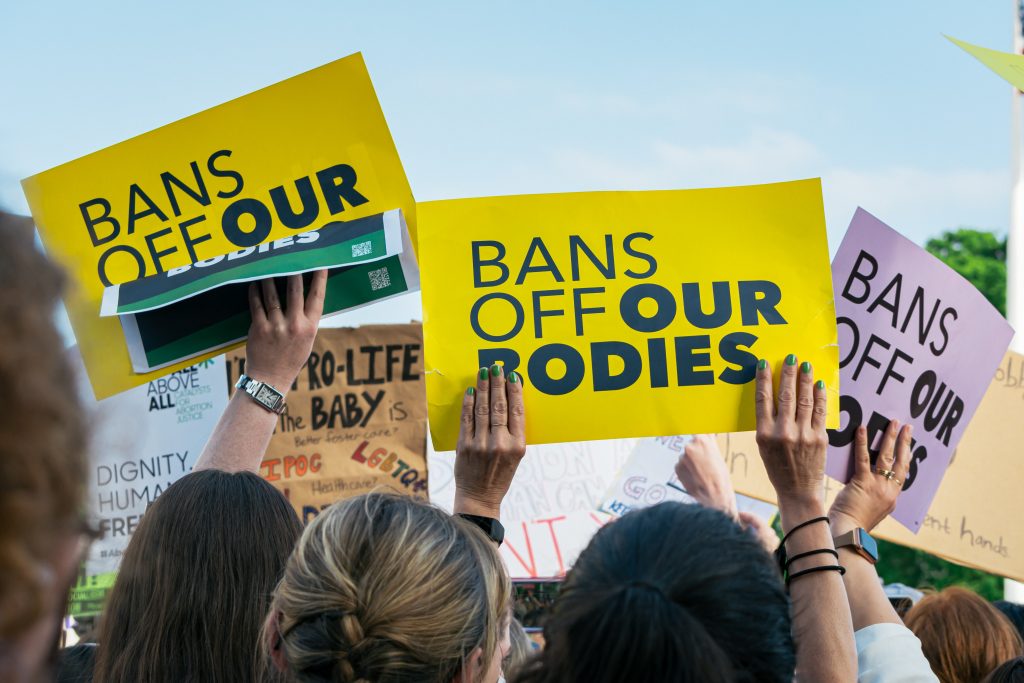Congressman Westerman Strongly Opposes Marijuana Issue 4

On Friday U.S. Congressman Bruce Westerman (AR — 04) provided a statement to Family Council saying that he strongly opposes Issue 4, the proposed constitutional amendment that would legalize marijuana in Arkansas.
Legalized recreational marijuana is on the list of last things Arkansas needs, and I strongly oppose it. There are no benefits that can outweigh more traffic deaths, more addiction, more ruined lives, and the long term economic, social, and moral decline that results from legalized pot. Arkansas can do better than that, & I encourage voters to vote NO on pot.
Rep. Westerman joins a growing list of leaders from Arkansas who oppose Issue 4 — including Republican gubernatorial candidate Sarah Sanders, Arkansas Governor Asa Hutchinson, former Governor Mike Huckabee, Lt. Governor Tim Griffin, Congressman French Hill, and U.S. Senator Tom Cotton.
As we have said in the past, Issue 4 — the proposed marijuana amendment — makes sweeping changes to Arkansas’ constitution and state laws.
It repeals, replaces, and rewrites several parts of Arkansas’ medical marijuana amendment that voters passed in 2016, it adds new language to other parts of the Arkansas Constitution, and it drastically expands marijuana in every community in Arkansas.
Issue 4 eliminates all taxes on medical marijuana, and it sets a very low tax rate on retail marijuana sales. State and local officials won’t be able to raise taxes on marijuana. City councils and quorum courts won’t be able to regulate marijuana use. The measure effectively writes an unregulated marijuana monopoly into the Arkansas Constitution.
It is unclear just how far-reaching some of Issue 4’s language may be.
A growing body of research underscores the dangers associated with marijuana legalization.
For example, a report published in the Journal of the American Medical Association found that states that legalized commercial marijuana sales saw self-harm rates rise by 46% among men ages 21 to 39.
In 2020 law enforcement seized more than five and a half tons of illicit marijuana in Colorado intended for the black market, and authorities determined that traffic deaths involving drivers who tested positive for marijuana have increased 138% since the state legalized marijuana in 2012.
All of this underscores what we have said for years: Marijuana may be many things, but “harmless” simply is not one of them.
Articles appearing on this website are written with the aid of Family Council’s researchers and writers.




